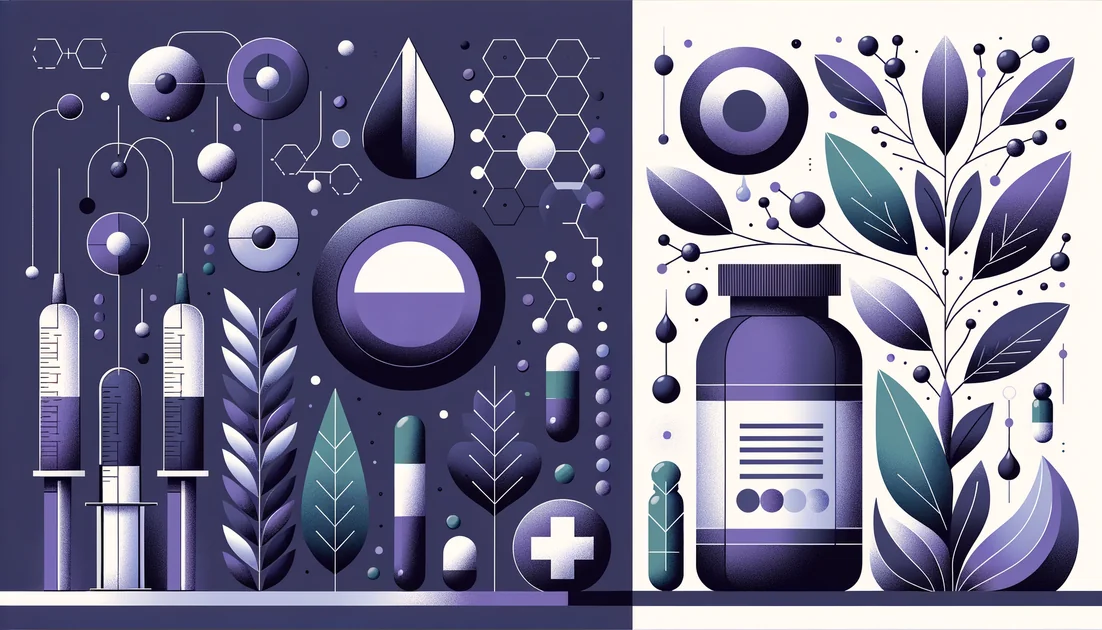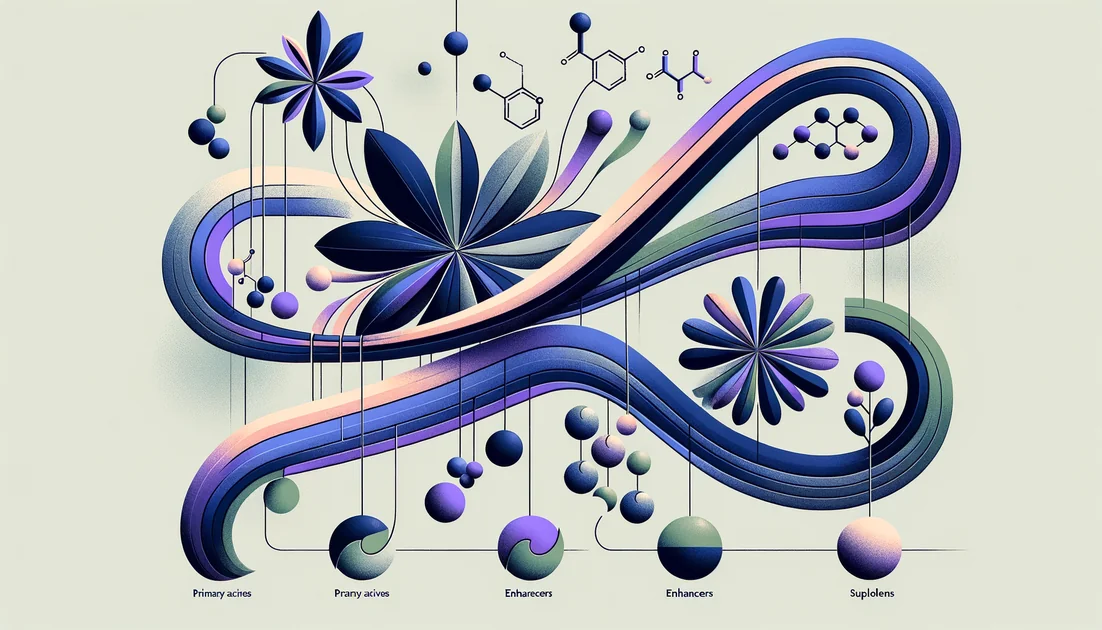
Nature's Answer: testing-forward heritage extractor with a fixed FDA stumble and only modest transparency
Our Verdict
Comprehensive analysis shows a brand with real manufacturing chops (NSF-GMP, in-house labs, long experience) and authentic extraction/identity know-how. Nature's Answer also demonstrated the ability to correct course—an FDA safety letter was closed out after fixes. But transparency to consumers remains only moderate (no routine online COAs), and the catalog still includes colloidal silver, which major medical sources advise against ingesting. For most mainstream botanicals—especially alcohol-free liquids—Nature's Answer offers good value and credible quality. For maximum transparency or published lot-level results, choose Gaia; for deep third-party/ISO lab testing culture across categories, NOW Foods is a strong alternative. [4][1][2][5][12][26].
How we investigated:We followed the paperwork and the patterns: FDA letters and closeouts, California Prop 65 court records, NSF's GMP directory, company technical pages and trademarks, patent filings around their extraction science, independent pricing, and real-world sentiment from employee and customer reviews. That trail paints a nuanced picture—credible manufacturing, genuine process know-how, and competitive prices for glycerin-based liquid extracts, but only moderate public transparency (no routine online COAs) and a few product categories we don't recommend (notably colloidal silver). [3][4][5][6][7][8][14][15][20][21].
Ideal For
- Shoppers who want alcohol-free (glycerite) liquid extracts
- Budget-conscious buyers comparing against premium tincture brands
- Elderberry fans open to newer delivery formats (e.g., DuoCap)
Avoid If
- You require public batch COAs/QR traceability on every product
- You want brands that avoid controversial categories like colloidal silver
- You only use brands with published clinical trials on finished supplements
Best Products
Ranked by verified review count
Common Questions
Is Nature's Answer NSF-GMP certified?
Yes—NSF's directory lists Bio-Botanica and the Nature's Answer addresses as GMP-registered facilities, indicating audited compliance with supplement GMPs. [4].
Did Nature's Answer have FDA issues?
Yes, an FDA warning in 2021 over cesium chloride in Coral Calcium; FDA issued a closeout in 2022 after corrections. Older 2013 claims issues also exist. [1][2][3].
Does Nature's Answer publish COAs?
We did not find routine, public batch COAs. The brand describes robust in-house testing but doesn't offer lot-lookup like Gaia's platform. [5][12].
Is colloidal silver safe?
No—major medical sources and FDA-aligned guidance advise against oral colloidal silver due to argyria and other risks; it's not proven effective. [21][22].
How does Nature's Answer's pricing compare?
Singles like Echinacea 1-oz often run ~$13–16 for NA vs. ~$16–18 for Herb Pharm—comparable or slightly lower for NA, especially in alcohol-free glycerites. [17].
What to Watch For
Watch for expanded batch-level transparency (public COAs), continued elderberry and respiratory line extensions, and whether the brand exits controversial categories like colloidal silver to align with mainstream medical guidance.
Most Surprising Finding
Despite solid GMP credentials, the catalog still includes an oral colloidal silver product—an outlier given mainstream medical guidance. [20][21].
Key Findings
Manufacturing credibility is strong: both Bio-Botanica and Nature's Answer are listed as NSF-GMP registered facilities (a high bar that includes ongoing audits). That's a meaningful quality signal for supplement buyers. [4].
Real extraction know-how, but not much published clinical data: proprietary cold extraction (Bio-Chelated) and Advanced Botanical Fingerprint identity testing are core to their brand; they've also used DuoCap technology in a Sambucus + Probiotic product. Patents filed by founder Frank D'Amelio Sr. support long-standing R&D in botanicals. Still, we found no clinical trials on their supplements. [6][5][7][8].
Regulatory trajectory shows a notable fix: a 2021 FDA warning letter over cesium chloride in Coral Calcium (safety/NDI issues) was officially closed out by FDA in 2022 after corrective actions. Older (2013) FDA claims issues and Prop 65 settlements also exist. We view the pattern as "a significant mid-course correction," not a chronic failure. [1][2][3][10].
Transparency is only moderate: the company describes extensive in-house testing and identity work but does not routinely publish batch-level Certificates of Analysis (COAs) online for consumers, unlike top transparency leaders. [5].
Value is solid, especially for alcohol-free liquids: 1-oz Echinacea extracts typically land around $13–16 for Nature's Answer vs. ~$16–18 for Herb Pharm—close, but NA often undercuts while offering glycerin-based options. [17].
What Customers Say
Effectiveness varies by product; taste/experience polarizing for some liquids (e.g., Mullein-X).
Anecdotal across retail reviews; both strong praise and strong dislike reported.
"Creates coughing, but I think it works." [Amazon review] [16].
"Bad taste but it works great!!" [Amazon review] [16].
Expect variability with complex herbals; consider starting with a single bottle to assess fit.
Customer service experiences appear mixed.
Small review samples show both praise and unresolved complaints.
"Great customer service! Friendly and helpful staff." [15].
"I'm 99% sure that I have received sweet soy sauce instead of licorice root." [15].
Buy from retailers with easy returns and keep order documentation.
Employee sentiment mixed at the affiliate manufacturer (Bio-Botanica).
Indeed/Glassdoor reviews show both positive and negative experiences.
"Productive workplace." [Indeed] [14].
"Not a nice place to work... no support from management." [Indeed] [14].
Not directly predictive of product quality, but useful cultural context.
Expert Perspectives
NSF-GMP listing itself is a strong third-party signal of manufacturing controls in supplements. [4].
You might also like
Explore more of our evidence-led investigations, comparisons, and guides across every article style.

Pure Encapsulations
Practitioner-grade quality, opaque batch data: the Pure Encapsulations paradox

Berberine (dietary supplement) vs Metformin (prescription biguanide)
For most people needing reliable glucose lowering and long-term outcome data, choose metformin. Consider berberine if you can't take metformin and want a modest, supplement-based metabolic aid from a vetted brand, with attention to interactions and pregnancy avoidance. [1][3][8]

Best for Fatty Liver (NAFLD/MASLD and NASH)
Omega-3s (EPA/DHA)

S-adenosyl-L-methionine (SAMe)
In 1952, an Italian biochemist isolated a strange, positively charged molecule that shuttled tiny carbon tags around the cell—labels that quietly genes up or down, nudge brain chemicals, and even shape cartilage. He called it S-adenosyl-L-methionine. Decades later, people would know it by a nickname that sounds like a friend: SAMe.[1][2]

Memory Stack With Real Clinical Data
Dual-core, theoretical synergy: both work on their own; together looks additive with plausible complementarity, but no direct human A+B head-to-head proof yet.

Tocotrienols
The stealthier cousins of vitamin E—built with springy tails that move differently in cell membranes and behave differently in your body.
